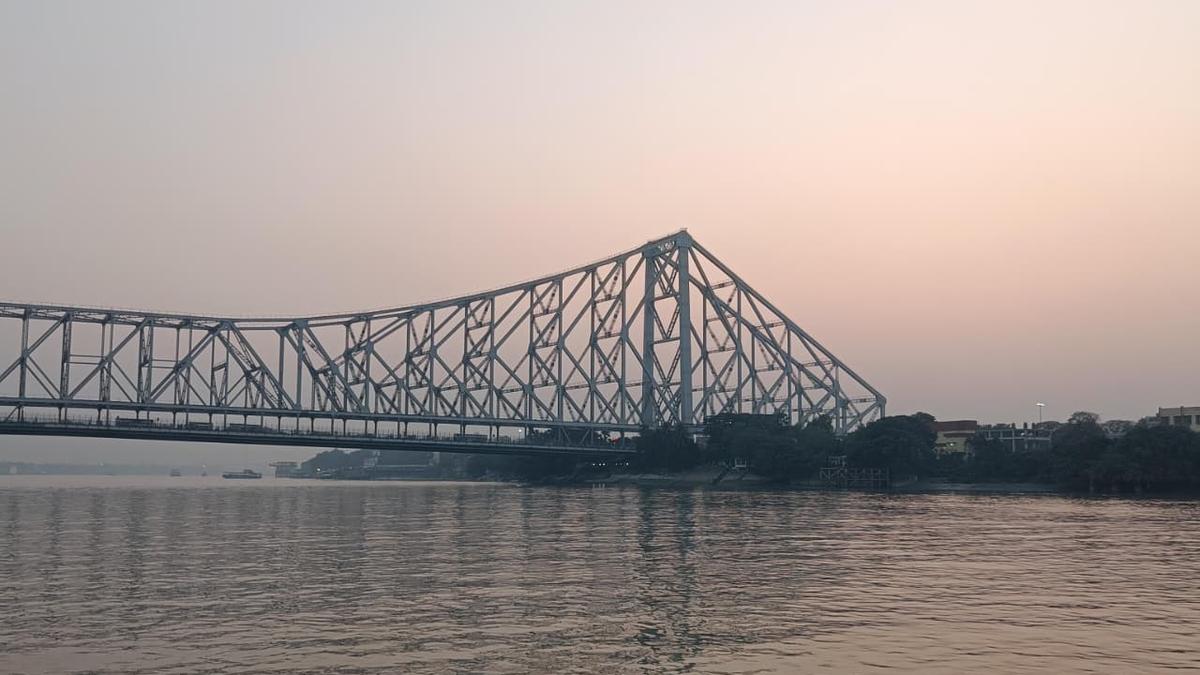Home / Environment / Experts Urge Action to Conserve Kolkata's Historic Ganga Ghats
Experts Urge Action to Conserve Kolkata's Historic Ganga Ghats
30 Oct
Summary
- Rapid urbanization, erosion, and pollution threaten Kolkata's Ganga ghats
- Ganga ghats are a repository of India's cultural and spiritual heritage
- Initiatives underway to restore and conserve the iconic river landmarks

On October 30, 2025, experts, academics, and citizens in Kolkata raised concerns over the rapid urbanization, erosion, and pollution threatening the city's iconic Ganga ghats. At a seminar held at Jadavpur University, the speakers emphasized that these ghats are a living repository of India's cultural and spiritual heritage, and their preservation is crucial.
The Ganga ghats, stretching from Mayer Ghat in the north to Prinsep Ghat in the south, are a confluence of heritage architecture, trade, ferry crossings, festival immersions, religious ceremonies, and cremations, defining Kolkata's identity and the country's collective memory. However, the experts warned that untreated industrial waste and household pollution have severely degraded the water quality of the Ganga river.




